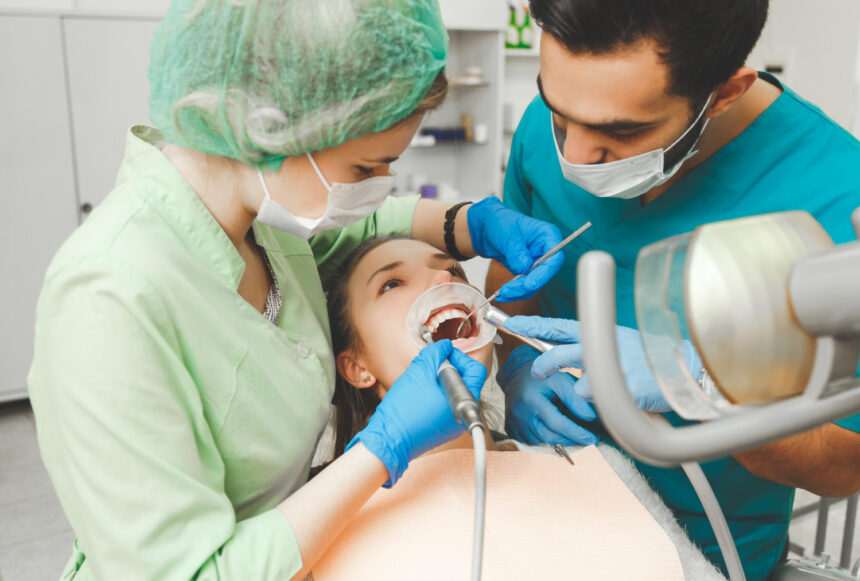When it comes to dental emergencies, having access to an emergency dentist can be a lifesaver. Dental emergencies can happen at any time, causing pain, discomfort, and anxiety. Knowing when to seek emergency dental care and what to expect can help you navigate these situations with confidence.
What is an Emergency Dentist?
An emergency dentist is a dental professional who provides immediate care for urgent dental issues outside of regular office hours. These emergencies can range from severe toothaches, broken teeth, knocked-out teeth, to infections and abscesses in the mouth. These situations require prompt attention to prevent further damage and alleviate pain.
Common Dental Emergencies
1. Severe Toothache
A severe toothache can be debilitating, making it difficult to eat, sleep, or concentrate. It could be a sign of an underlying issue such as a cavity, infection, or abscess that requires immediate treatment.
2. Broken or Chipped Tooth
Accidents or trauma can cause a tooth to break or chip. In such cases, an emergency dentist can assess the damage and recommend the appropriate treatment, which may include bonding, crowns, or veneers.
3. Knocked-Out Tooth
A knocked-out tooth is a dental emergency that requires immediate attention. If handled promptly and correctly, there is a chance the tooth can be saved. It’s crucial to keep the tooth moist and see an emergency dentist as soon as possible.
4. Abscess or Infection
An abscess or infection in the mouth can cause severe pain, swelling, and even fever. These conditions require urgent care to prevent the infection from spreading and causing further complications.
When to Seek Emergency Dental Care
Not all dental issues require emergency care, but certain symptoms indicate the need for immediate attention. If you experience any of the following, it’s advisable to contact an emergency dentist:
- Severe and persistent toothache
- Bleeding that does not stop
- Trauma to the mouth or teeth
- Swelling in the gums, face, or mouth
- Loose or knocked-out tooth
- Signs of infection such as pus, fever, or a bad taste in the mouth
What to Expect During an Emergency Dental Visit
When you visit an emergency dentist, they will assess your condition, provide pain relief, and recommend the necessary treatment. The dentist may perform diagnostic tests, such as X-rays, to evaluate the extent of the issue. Treatment options may include:
- Pain management: Immediate relief from pain through medications or procedures.
- Temporary fixes: Temporary solutions to stabilize the situation until a permanent solution can be implemented.
- Permanent treatment: Comprehensive treatment to address the underlying issue and restore oral health.
How to Prepare for a Dental Emergency
Being prepared for a dental emergency can help you act swiftly and effectively in such situations. Here are some tips to prepare for a dental emergency:
- Keep contact information for an emergency dentist handy.
- Have a dental first-aid kit with essentials like gauze, dental cement, and pain relievers.
- Know how to handle common dental emergencies like a knocked-out tooth or broken tooth.
- Stay calm and focused during a dental emergency to make sound decisions.
Conclusion
In conclusion, having access to an emergency dentist is crucial for addressing urgent dental issues promptly and effectively. By understanding common dental emergencies, knowing when to seek emergency care, and being prepared for such situations, you can navigate dental emergencies with confidence. Remember that oral health is an essential part of overall well-being, and timely intervention in dental emergencies can prevent further complications and preserve your smile.





